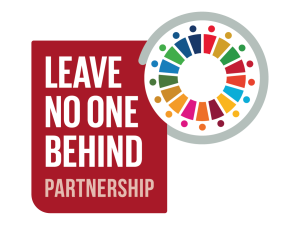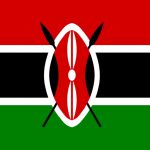Event Date: 2021-04-14
Announced today, the Civil Society Collaborative on Inclusive COVID-19 Data will work alongside marginalised communities and activists to understand the effects of the COVID-19 pandemic and collectively advocate for an inclusive recovery.
With COVID-19 pushing up to 150 million people into extreme poverty by the end of 2021, the urgency to understand and meet the needs of the world’s most marginalised people has never been greater. However, pervasive gaps in official data and statistics are hindering efforts to protect and support those being left behind. To address this, over 15 civil society organisations (CSOs) are coming together and launching a collaborative that will combine their data-driven insights to create a more intersectional understanding of the pandemic’s effects.
From women to persons with disabilities to refugees, the pandemic has highlighted and deepened long-standing inequalities. But the true scale of the pandemic’s effects is obscured by data gaps. Many millions of people are invisible in official data and statistics, their lives and needs uncounted in policy decisions. An equitable recovery from COVID-19 requires better data on the lives of marginalised people, collected with their knowledge, consent, and participation.
Civil society is uniquely positioned to generate data and insights with marginalised people that can complement official statistics and fill data gaps. From citizen-generated data to rapid needs assessments to programmatic data, the collaborative is harnessing existing data collected by CSOs over the past year.
The collaborative will work with communities and activists to develop a data-driven report and advocacy campaign, launching in July this year at the United Nations High Level Political Forum.
Alongside new insights on the effects of COVID-19, the report will highlight CSOs and citizens’ learnings on inclusive and participatory data collection methods, and offer recommendations for improving collaboration and coordination between official data producers, civil society, and citizens.
The collaborative is led by a Steering Group, involving Action Aid (Denmark), Christian Aid, Development Initiatives, Global Partnership for Sustainable Development Data, International Civil Society Centre, Plan International, Restless Development, and Sightsavers.
A diverse and growing range of CSOs are engaged as partners, including Africa’s Voices Foundation, CBM, CIVICUS, Consortium for Street Children, HelpAge, Institute for Global Homelessness, Internal Displacement Monitoring Centre, Save the Children, VSO, and World Vision.
The collaborative is co-convened by the Global Partnership for Sustainable Development Data (GPSDD) and the International Civil Society Centre in its role as the secretariat of the Leave No One Behind Partnership – Making Voices Heard and Count.








